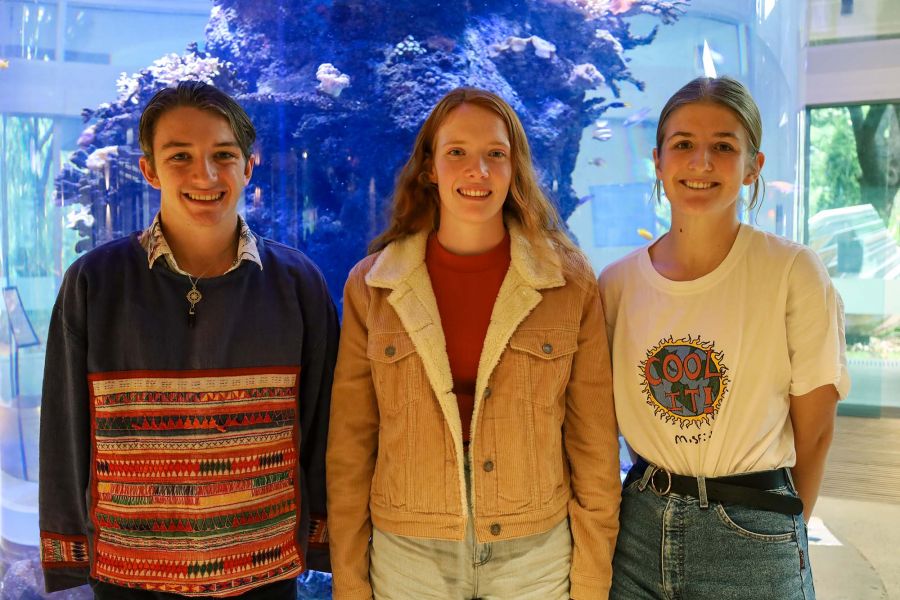Seagrass restoration project spans two oceans
James Cook University (JCU) scientists will lead seagrass restoration research spanning tropical Australia’s two oceans.
Researchers from JCU’s Centre for Tropical Water and Aquatic Ecosystem Research (TropWATER) will investigate restoration techniques for key tropical seagrass species, from Queensland’s Great Barrier Reef across to the north of Western Australia.
Their aim is to develop a blueprint for coastal managers to rapidly restore seagrass meadows in high-priority regions.
TropWATER’s Associate Professor Michael Rasheed said future-proofing highly diverse seagrass meadows is crucial to reversing the global downward trend in tropical seagrasses.
“Seagrasses are critical ecosystems,” he said. “They provide habitat for fish, they power coastal marine productivity, and they sequester carbon to help combat climate change – but they’re under increasing pressure from extreme weather events, coastal development and declining water quality.”
Associate Professor Rasheed said climate models predict that future conditions will see more frequent seagrass loss in tropical Australia, making it essential to have tools at hand for effective intervention and restoration.
“We’re investigating the most effective ways to restore different seagrass species, and developing the tools needed for rapid restoration on local and regional levels,” he said.
Professor Rasheed said the project would focus on tropical seagrasses, as most previous seagrass restoration projects have occurred in temperate regions.
“Tropical seagrasses can be very different to temperate seagrasses. They have different growth strategies, and they have the potential for much faster recovery once established.
“Some restoration methods applied in temperate systems may not be applicable or transferable to tropical seagrass meadows, which makes our work all the more valuable.
“We’ll investigate methods such as using seeds and cuttings, and new ways they can be used in the field, much the same as many land plants and nurseries operate.”
“We’re going to develop new techniques for tropical seagrass restoration, a blueprint for seagrass-friendly marine infrastructure, and restoration decision tools that can be applied at local and regional scales.”
The project builds on a long-term collaboration with industry partners Ports North and North Queensland Bulk Ports Corporation (NQBP).
“We are proud to support this ground-breaking research that aims to provide practical solutions to safeguard seagrasses and the Reef,” said Simona Trimarchi, NQBP’s Senior Manager of Sustainability and Environment.
The research is a significant next step in TropWATER’s long-term partnership with industry and will benefit from the decades of data already gathered.
“We take our environmental responsibilities seriously,” said Paul Doyle, Ports North’s General Manager of Corporate Affairs and Sustainability. “Together with JCU’s TropWATER Centre we’ve supported seagrass monitoring and research for almost three decades across the ports of tropical Queensland.”
The project is funded by a more than $450,000 Linkage grant from the Federal Government’s Australian Research Council.
James Cook University Media Contact:
Linden Woodward | linden.woodward@jcu.edu.au
Photo: © Paul Dymond


